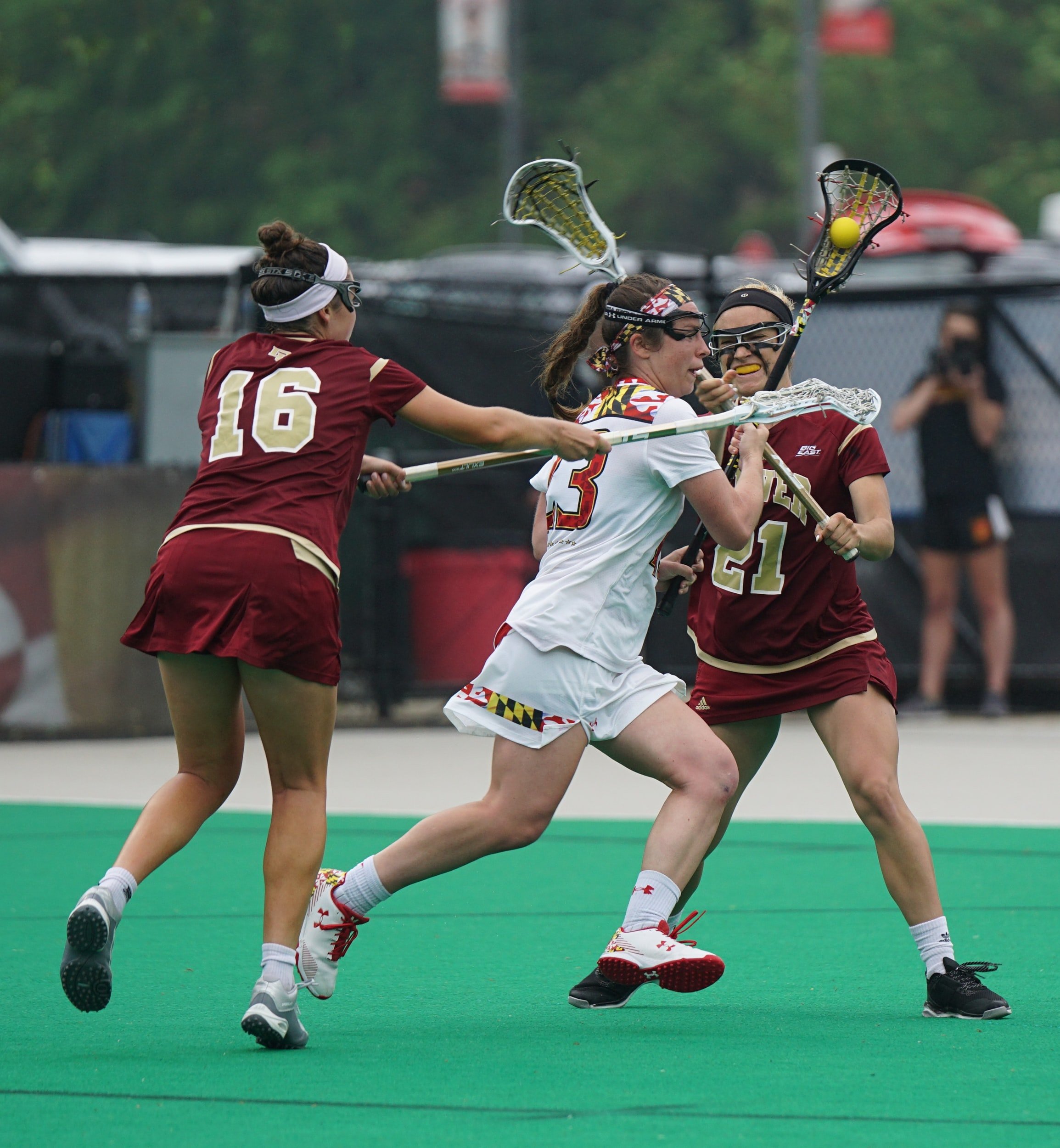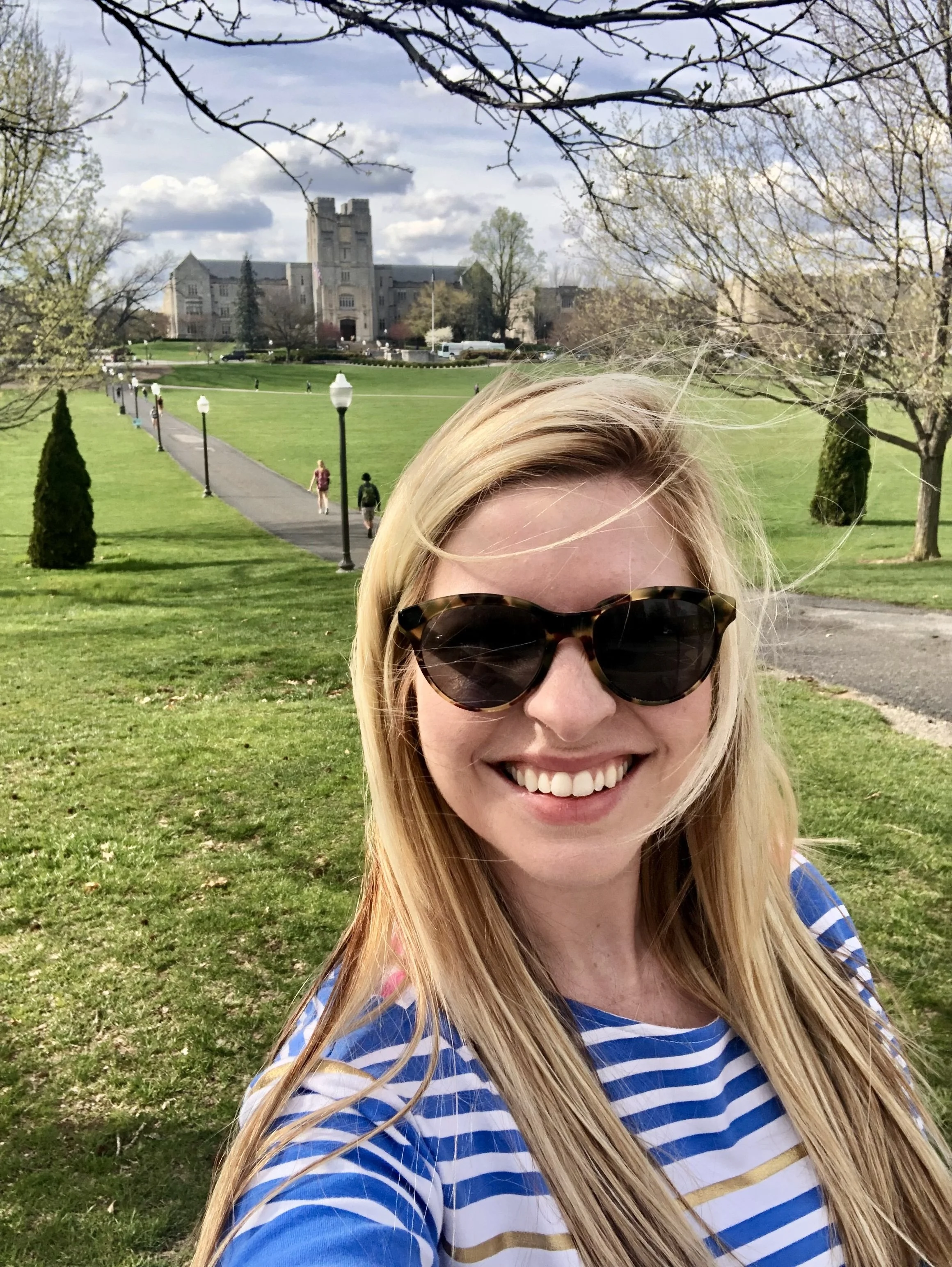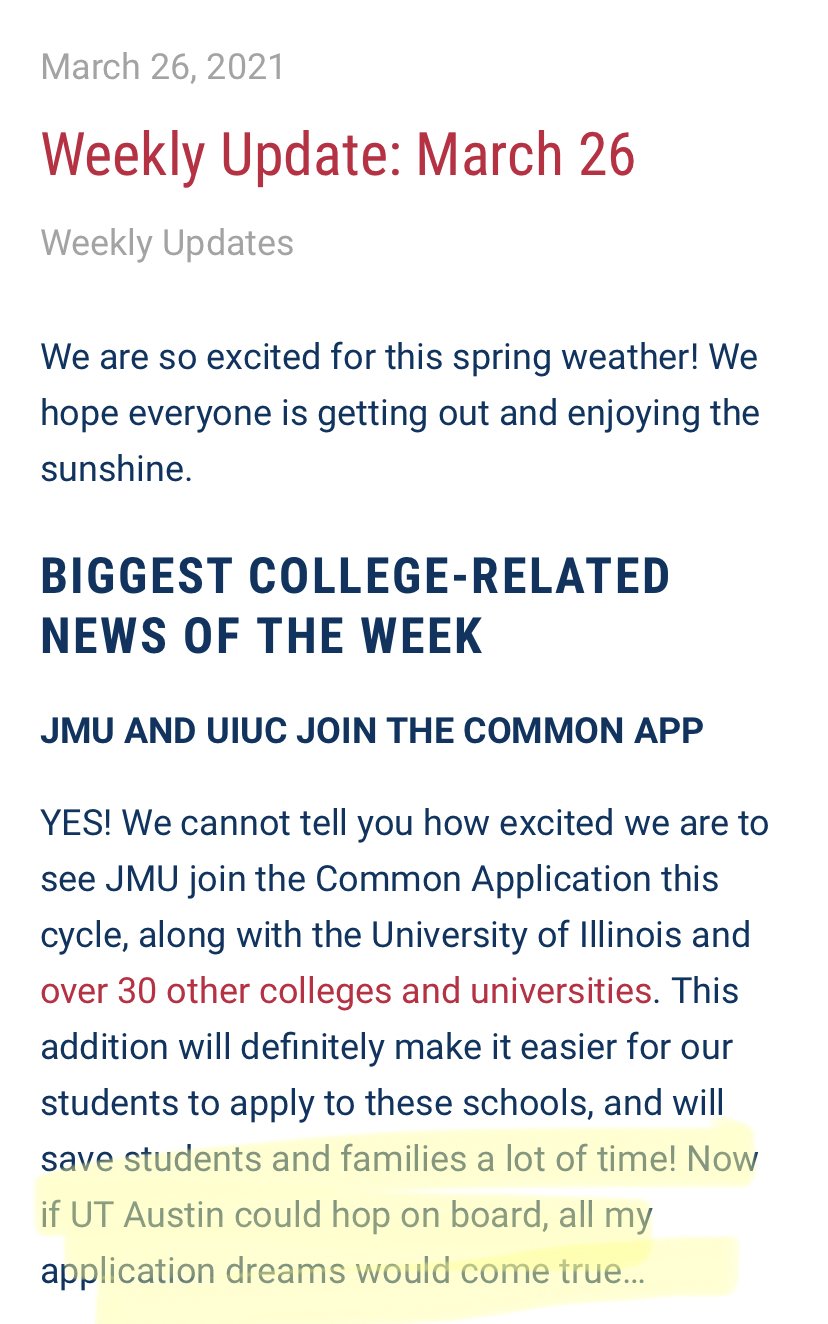When it comes to summer college campus tours, it can be easy to focus on the drawbacks. Many families worry that they won’t get an accurate picture of a school when students are off campus, classes aren’t in session, and the college feels more like a ghost town. Even though you might not experience the ‘hustle and bustle’ of campus life in July and August, there are actually some great advantages to touring during the summer months.
More scheduling options
Fitting campus visits into a packed schedule during the school year can be challenging, sometimes even impossible. The summer months can provide a valuable window of time for families to organize trips, especially out-of-state visits. You also won’t be competing to book a tour during the most popular times of the year, and you’ll probably find yourself having a wider selection of dates from which to choose. BUT that doesn’t mean you can wait until the last second to schedule your tour. Be sure to visit the admissions website well in advance to register, because these do fill up quickly.
Pro Tip: If possible, coordinate a trip that allows you to visit a few schools. Doing so will make it easier to compare your experiences while maximizing your time.
Better preparation
As we discussed in a previous blog post, it’s important to prepare if you want to get the most of your campus visit. Take a virtual tour and spend time researching the school, so you won’t feel as overwhelmed by information when you actually arrive on campus. We also recommend writing down questions, either in your phone or a notebook, to ask during the tour.
We know it can be difficult to properly prepare for visits during the school year, so take advantage of the time you have now. Without the demands of classes and homework, you’ll be able to dedicate more energy to gathering information.
Spend time in the local area
Maybe you’re looking for an urban school, but will you actually like navigating a big city? Is a small town going to end up feeling too small for you? The best way to answer questions like these is to spend time in the town or city surrounding a college campus. During the school year, families typically have just a day or two, perhaps even a few precious hours, to explore the area. But during the summer, you can transform what would be a quick stop into a mini-vacation. The extra time can help you gain deeper insights into the community and picture whether or not you see yourself calling this home for the next four years.
Pro Tip: Don’t forget to check the school’s admissions website to see if they offer special negotiated rates with nearby hotels. You can save a lot of money this way!
A personalized experience
A slower pace on college campuses during July and August can actually be an advantage for visitors. You might find yourself getting an individual or small-group tour, which gives you more opportunities to ask questions and get to know your guide. You may also get more face-to-face time with admissions officers, as well as faculty and students who are still on campus. Many will welcome the opportunity to share their experiences and maybe give an inside look into a cool summer program or research project taking place.
Our final thoughts and recommendations
Although colleges may look and feel a bit different when school’s not in session, summer campus visits are still worthwhile.
If you’re planning to visit colleges in July and August, try to visit as many on your list as possible. Doing so will help you to make more accurate judgments and comparisons, so you aren’t comparing a summer visit to one during the school year.
Still curious to learn more about the campus culture and student body? Remember that there are plenty of ways to collect more information about a school after your campus tour. Follow the college or university on social media, connect with current students, and sign up for webinars and/or live information sessions. The more you engage, the more you’ll learn!



































































